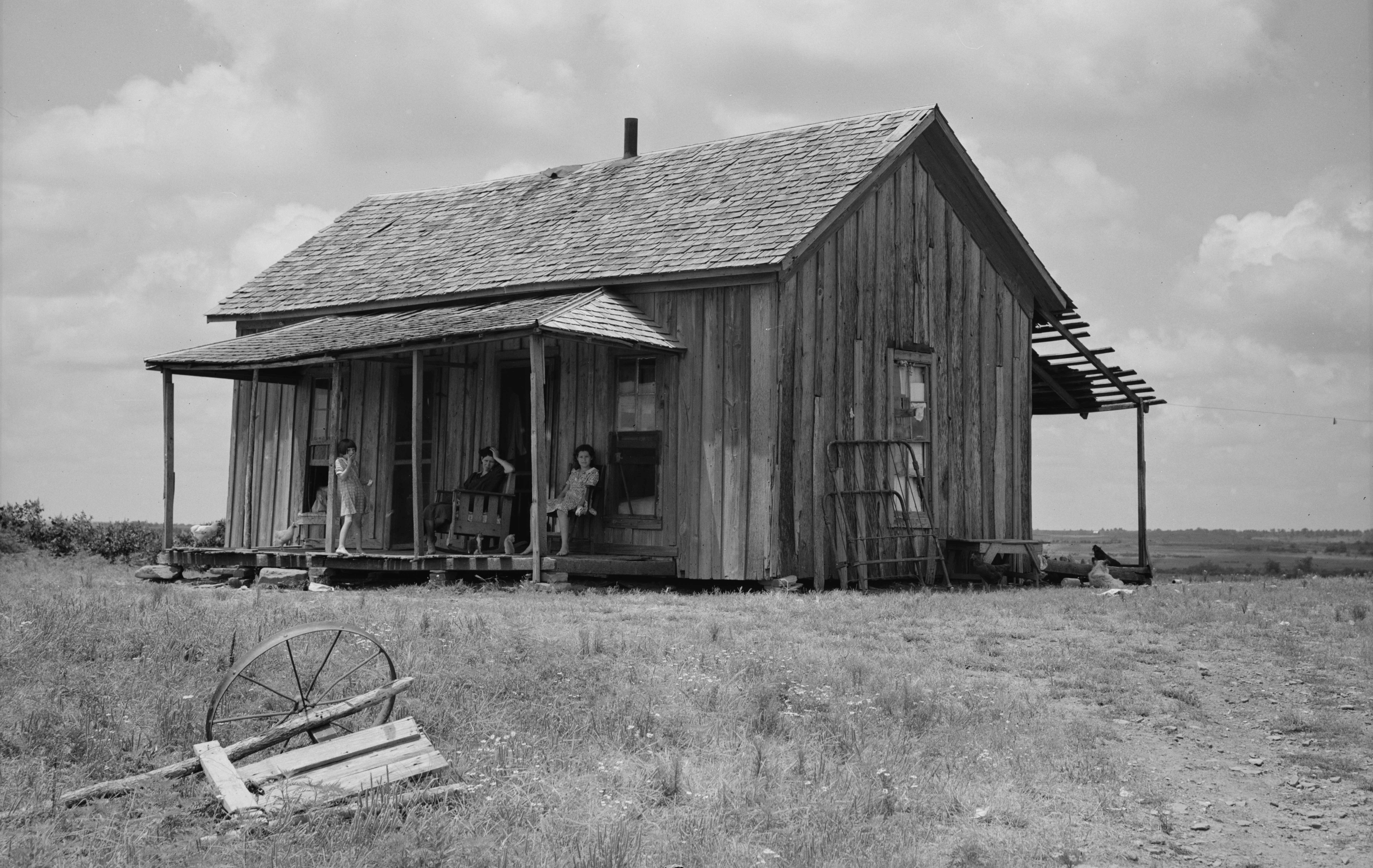Needed Distinctions
State of the Union: Samuel Hammond draws thoughtful distinctions between the New Deal and Great Society programs.

Yesterday, we ran a thoughtful piece by Samuel Hammond comparing the New Deal and Great Society programs. Hammond argues that when many American conservatives say they oppose "big government," what they're really opposing is the growth of the legal and regulatory regime after the Great Society, not large-scale government transfer programs per se. Two points struck me while reading.
Conservative intellectuals for most of the 20th century defined "conservatism" in opposition to "statism." While that pose was conditioned in part by the Cold War, there was a deep libertarian strain on the American right that predated the rise of the Soviet Union. Setting aside the wisdom of building a political coalition on such foundations, a significant portion of the Republican electorate says they are opposed to "big government," and the conservative movement has to take that complaint seriously.
In that context, Hammond proposes a useful distinction between "government’s total fiscal footprint" and "the sheer scope of the federal government’s direct and indirect involvement in our daily lives." The latter, he claims, is closer to what conservatives actually fear about government power.
I think this is true. Majorities of Republicans oppose cuts to Social Security, and I doubt Republican voters are keen on preventing SNAP recipients from using benefits to buy fresh meat. On the other hand, the federal government attempting to nationalize the rental market, or state governments effectively banning religious adoption agencies, are very much the kinds of "big government" actions conservative Americans oppose.
Subscribe Today
Get daily emails in your inbox
To that point, Hammond argues that conservatives would be "better served by delineating the New Deal from...the Great Society." Johnson's Great Society programs, he said, "originated in an entirely distinct political economy" from that of Franklin Roosevelt's New Deal. The New Deal was built on a "ethos of universal, contributory social insurance," which is precisely what makes Social Security so popular, even among Republicans. You pay in, you get out.
Johnson's Great Society programs, by contrast, consisted of "dozens of ad hoc programs...that construed America’s social ills as scientific problems solvable by an enlightened technocratic elite." Those programs required a caste of "legal organizations, leftist academics, community action groups, and professional policy analysts" to supply "the ideas, expertise, and coalition mobilization needed to both enact liberal social policies and staff their operations." The Great Society programs, which endeavored to "reshap[e] society according to [a] contested set of values," were of course more offensive to conservative voters than the pay-in, pay-out Social Security scheme inaugurated by the New Deal.
Hammond's piece lays out these and other points in detail. It's worth your time.
Comments